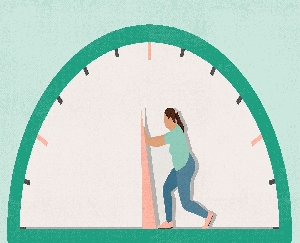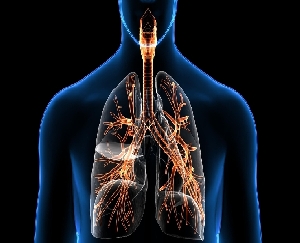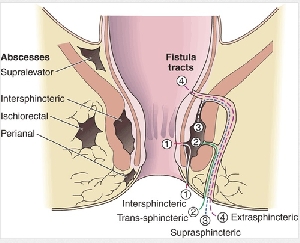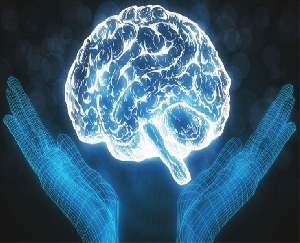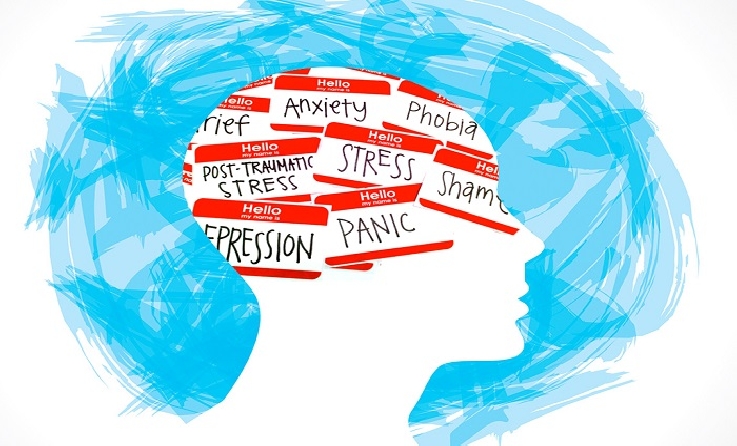
In the realm of mental health, both men and women face their own unique set of challenges. Men's mental health, in particular, often operates under a veil of silence, overshadowed by traditional stereotypes of masculinity that discourage emotional vulnerability. In this blog, we will explore the common challenges that men encounter in relation to their mental health. By shedding light on these challenges and offering strategies for well-being, we aim to promote open conversations, understanding, and resilience in the realm of men's mental health.
-
Stigma Surrounding Emotional Expression

One of the most prevalent challenges for men's mental health is the social stigma that discourages them from openly expressing their emotions. Traditional expectations of stoicism and emotional resilience often deter men from seeking help and discussing their feelings.
-
Work-Related Stress
Work-related stress is a widespread issue for men. The pressure to excel in their careers and provide for their families can lead to overwhelming stress, affecting their mental well-being.
-
Relationship and Family Strain
Relationship and family issues can place a significant emotional burden on men. Balancing the demands of family, work, and personal life can lead to feelings of inadequacy, anxiety, and depression.
-
Substance Abuse and Dependency
Many men turn to alcohol or drugs as a coping mechanism, which can lead to substance abuse and dependency. This not only worsens their mental health but also creates a complex cycle of addiction.
-
Suicide Rates
Men are more likely to die by suicide than women, emphasizing the urgent need to address mental health challenges. The reluctance to seek help and discuss their feelings often contributes to this alarming statistic.
-
Social Isolation
Men can often experience social isolation, feeling cut off from emotional support networks. The lack of outlets for sharing their feelings can exacerbate mental health issues.
-
Mental Health Disorders
Men can suffer from a range of mental health disorders, including depression and anxiety. However, these conditions often go undiagnosed and untreated due to the stigma surrounding mental health.
-
Barriers to Seeking Help
Men may encounter significant barriers when seeking mental health support. These barriers include stigma, limited access to mental health services, and financial constraints.
-
Impact on Physical Health
Unaddressed mental health issues can have severe consequences on men's physical health. Chronic stress, anxiety, and depression can lead to various physical health problems, such as cardiovascular issues and compromised immune function.
-
Coping Mechanisms
Men often resort to unhealthy coping mechanisms, such as aggression, anger, or self-imposed emotional suppression. These mechanisms can negatively affect their mental health and relationships.
-
Strategies for Well-being

To address these common challenges in men's mental health, it is essential to encourage open dialogue and offer strategies for well-being
1. Encourage Emotional Expression
Promote open communication and normalize emotional expression for men.
2. Workplace Wellness
Employers can implement mental health programs and initiatives to support employees.
3. Family Support
Foster a supportive environment within the family and encourage open conversations.
4. Suicide Prevention
Increase awareness and access to resources for suicide prevention.
5. Social Connections
Encourage men to build social connections and share their feelings.
6. Mental Health Education
Promote mental health education to reduce stigma and encourage early intervention.
7. Accessibility to Care
Advocate for improved access to mental health services for men.
8. Physical and Mental Health Integration
Highlight the interconnectedness of physical and mental health.
9. Healthy Coping Strategies
Promote healthy coping mechanisms, such as mindfulness and seeking professional support.
Conclusion
Men's mental health challenges are real and impactful. However, with awareness, understanding, and open conversation, we can create a more supportive and accepting environment. It is vital to empower men to prioritize their mental health, seek help when needed, and embrace strategies for well-being. By doing so, we can work towards a future where men's mental health is valued and nurtured, ultimately benefiting individuals, families, and communities as a whole.

Dr. Naveen Chauhan
BAMS, PGCRAV (Ay. Surgery)Founder Director, Shri Dhanwantari Clinic, Ghaziabad













